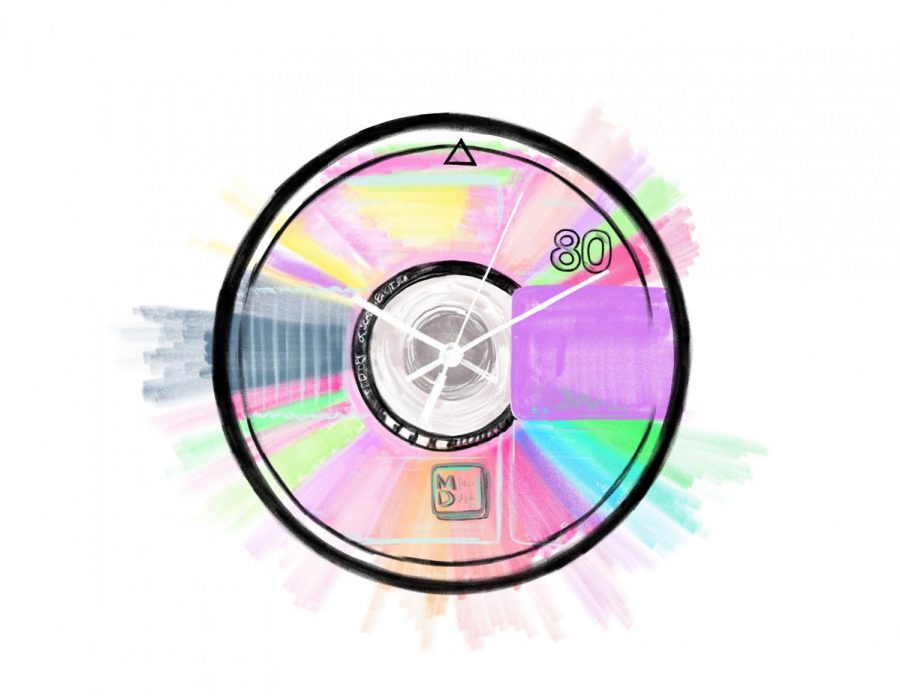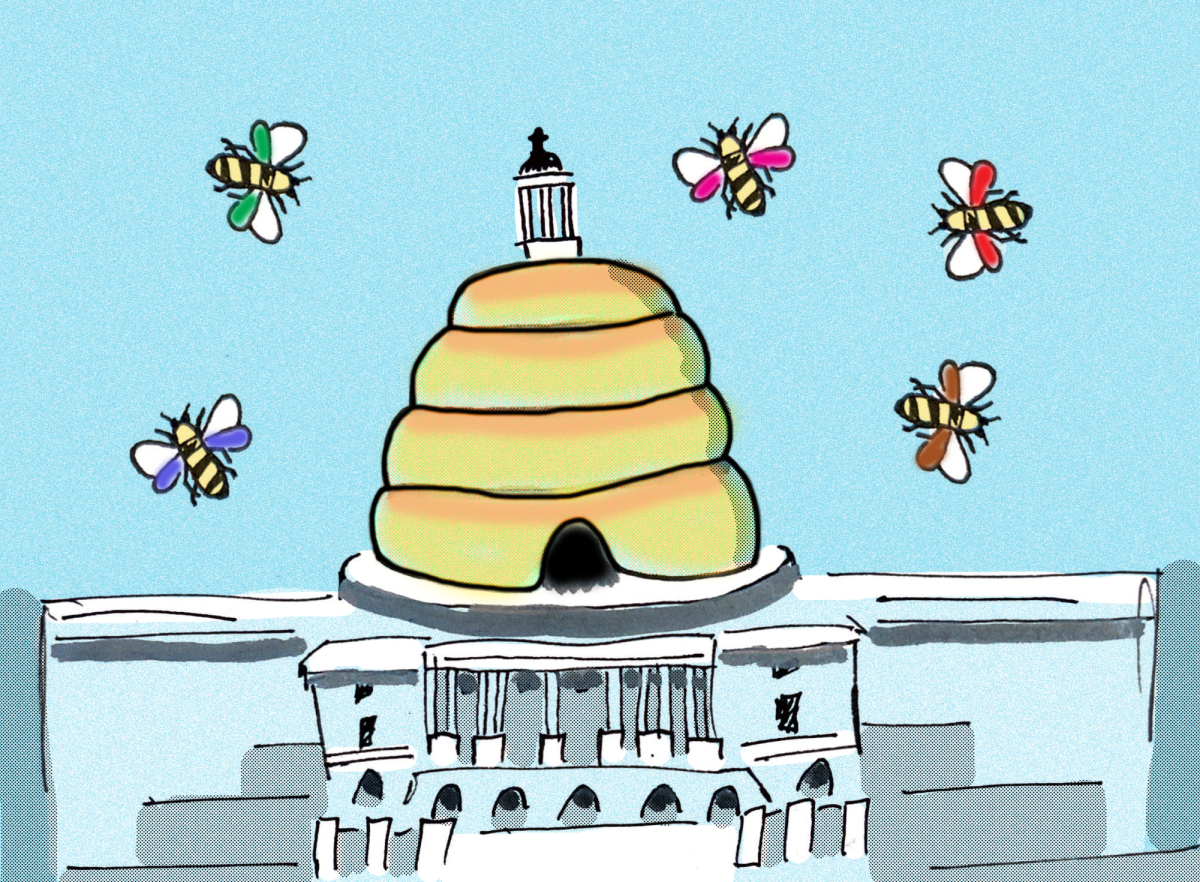Pop-Cultured: The Morality of Leaked Music
April 17, 2020
There’s something to be said about the excitement a music listener feels leading up to an album’s release. There’s the waiting in anticipation — for what feels like an eternity — since your favorite artist announced the release of their upcoming album. The singles the artist has dropped are killer and the visual aesthetics have been elusive and intriguing. It’s growing difficult to contain your enthusiasm. Then, out of nowhere, social media is bombarded with the news — new music has been leaked with links to listen being spread around the internet like wildfire.
At the moment, it can feel like a no-brainer to listen — why wait weeks or months for the single or album to come out when you can listen now? The damage has already been done, so what’s the harm of listening a little early — promising yourself that you’ll stream or buy the project when it formally releases.
This phenomena surrounding leaks has remained one of music’s overlooked ethical issues for years, as has the dilemma facing listeners — should fans listen to leaked music?
History of Leaks
Music leaks date back to the early 2000s, in the beginning days of the internet with Napster and MySpace. When music was leaked, millions of music fans were able to download poor-quality, mp3 audio files to their hard drives and share them — which is illegal.
The most famous leak circulated in 2000, when Lars Ulrich became aware of a leaked demo for Metallica’s “I Disappear” playing on several radio stations around the country. The leak was eventually traced back to Napster, and the Metallica v. Napster, Inc. legal battle was born. The case rose to national prominence with Ulrich becoming an outspoken defender of artists whose work had been illegally distributed for free. Napster lost the case and went bankrupt two years later, but that didn’t stop artists’ music from being leaked. Unfortunately, leaks became more normalized in the music release process.
In 2010, a still-obscure Drake’s “Thank Me Later” was leaked in its entirety just before it’s release. He gave the okay for fans to listen in a tweet saying, “I gave away free music for years so we’re good over here…just allow it to be the soundtrack to your summer and ENJOY! JUNE 15th!” When Kanye West’s “The College Dropout” leaked, he took it as a challenge, re-imagining several of the tracks and cutting two out of the final album. He later adopted this strategy in 2016’s “The Life of Pablo,” recording multiple versions of his singles, so those looking to leak his music had no means of knowing the final version.
More recent, “Stupid Love” — the first single from Lady Gaga’s seventh studio LP — leaked three weeks before it was due. Gaga’s team was made aware of the leak, but chose to charge ahead, releasing the single when it was due along with the accompanying music video. Less than a month later — and two weeks before her album was due — Dua Lipa took to Instagram live to announce that her sophomore album had leaked. Ultimately, Lipa opted to release the album early, pushing the release date forward to March 27.
Damages
Substantial damage is done to an artist when their work is leaked early, not just professionally, but personally. The excitement and hype the artist has built up for a release are instantly ruined. As an artist, it must be frustrating not to be able to release your work in the way it was intended — those who release leaks take away the creative investment artists have put into their work. Leaking creative works is a fundamental breach of privacy and shows a lack of respect for the entire process. Not to mention, the divulging of unfinished work is surely humiliating for any creative who takes pride in their art — to have a piece of work ripped out of your control before its completion has to be devastating.
Leaks are not only upsetting for the artist, but for the listener as well, who becomes presented with work that has remained unreleased at the discretion of the artist. This problem has continued to plague the music industry for years, but fans still choose to listen to leaks without any regard for the impact it has on the artist. We live in a culture of seeking instant gratification, and that has formed a cohort of music fans whose impatience will not allow them to wait and hear music the way the artist intended.
The fact remains, downloading and listening to a leak renders listeners complicit with the culprit — supporting those blackmailing an artist they claim to be a devoted fan of. There’s a process for a reason, and as music fans, we need to respect the rights of an artist to release their work when and how they want.












